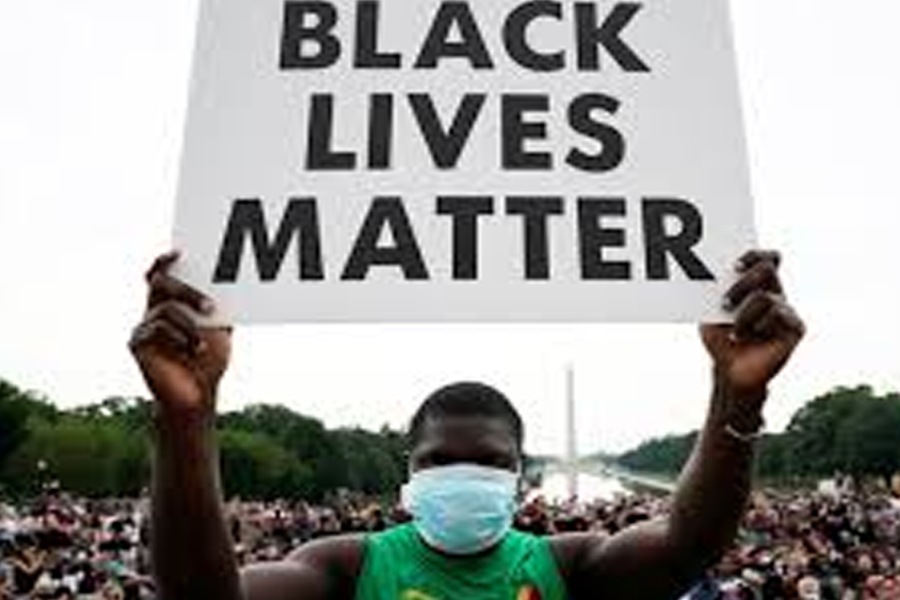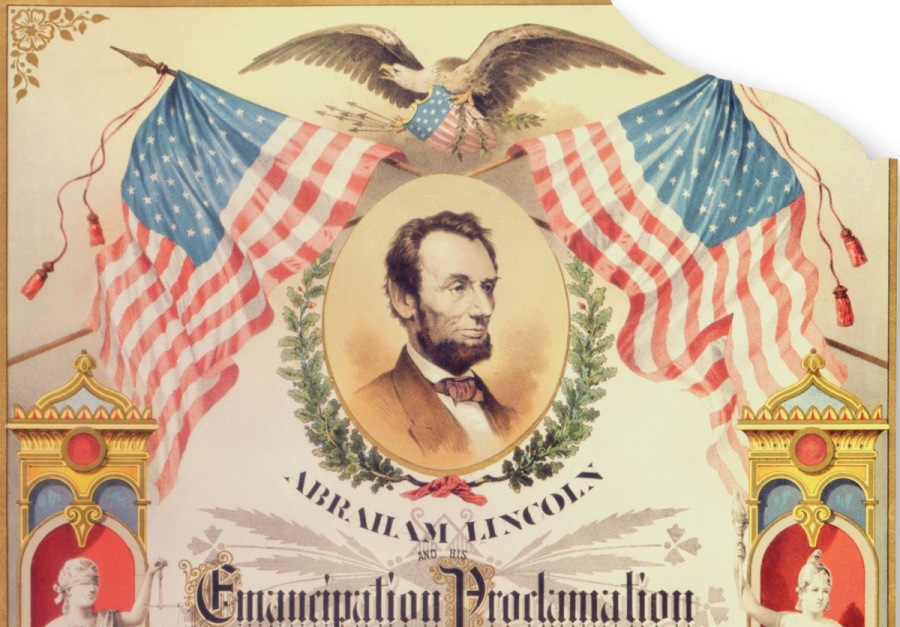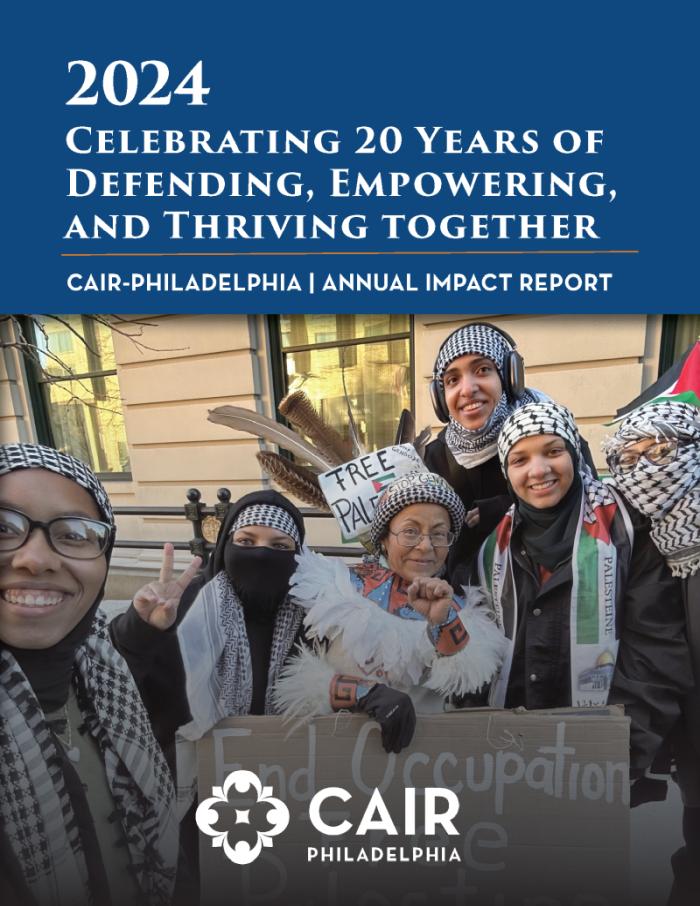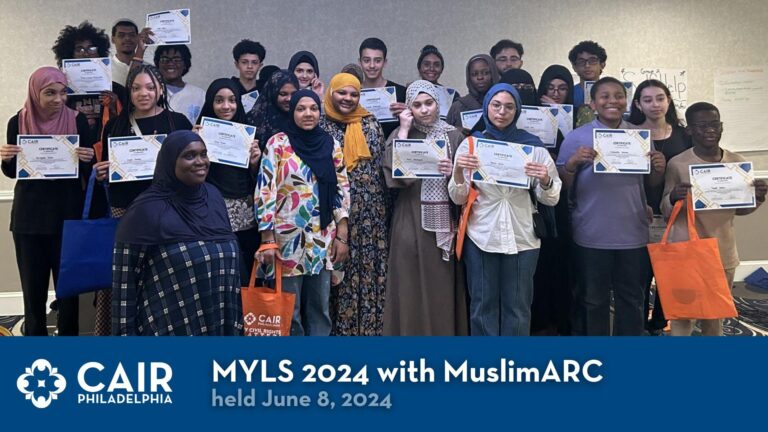Tomorrow is June 19, now a Federal Holiday known as Juneteenth that commemorates the end of American slavery, in general, and specifically, the freeing of slaves in Texas by Union troops during the Civil War.
Slavery made this nation rich. At its height, slavery was a $3 billion-plus industry and a major engine of the U.S. economy. Industries throughout the states both supported, and were supported by, slavery. By 1850, 80% of American exports were the product of slave labor. The estimated value of enslaved people increased 500% between 1790 and 1860, from $200 million to around $3.059 billion.
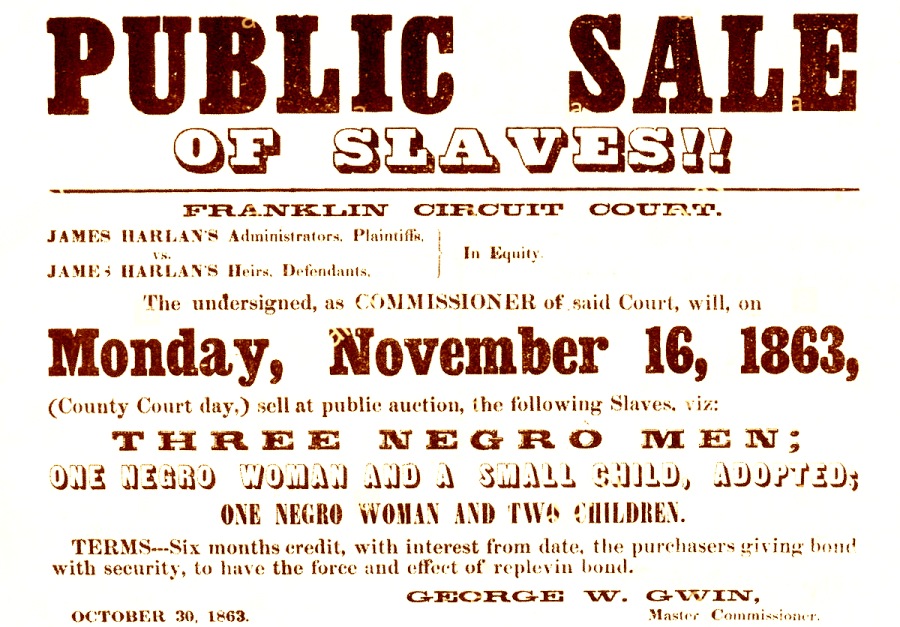
Slavery was indispensable to European development of the New World. It is inconceivable that European colonists could have settled and developed North and South America and the Caribbean without slave labor.
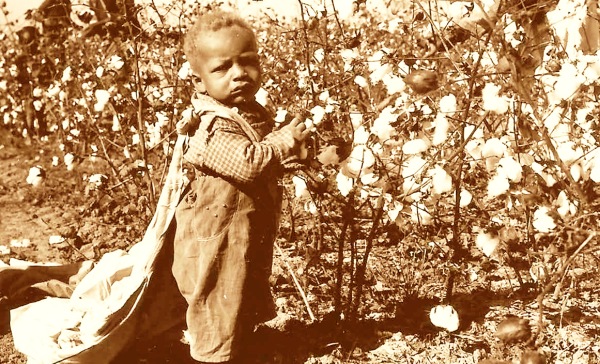
In the pre-Civil War United States, slavery played a critical role in economic development. One crop, slave-grown cotton, provided over half of all US export earnings. By 1840, the South grew 60 percent of the world’s cotton and provided some 70 percent of the cotton consumed by the British textile industry. Thus slavery paid for a substantial share of the capital, iron, and manufactured goods that laid the basis for American economic growth.
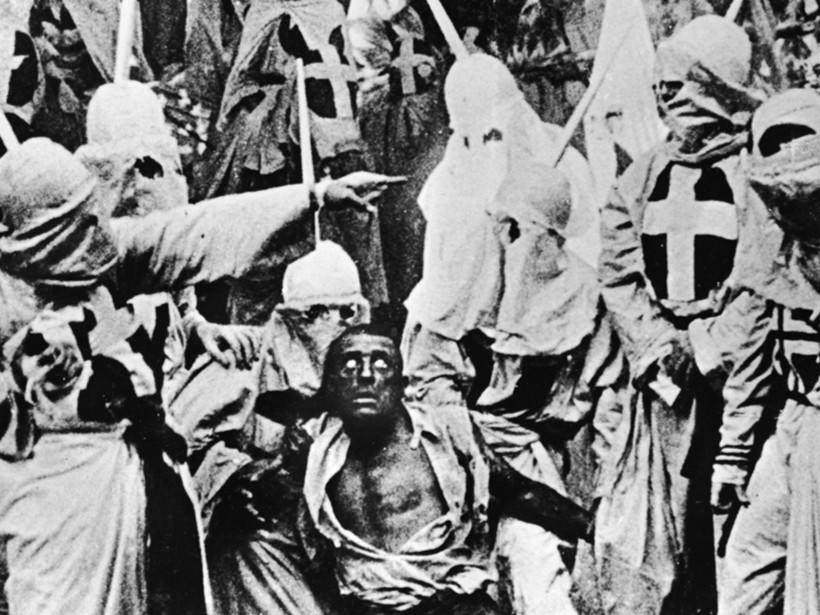
To defend the existence of this “peculiar” American institution, an elaborate system of racialized mythologies were invented to justify the slave trade. Advocates of slavery argued that science and religion proved white racial superiority: under this view, white people were “smart,” “hard-working,” and more intellectually and morally evolved, while Black people were “dumb,” “lazy,” “child-like”, and in need of guidance and supervision. In 1857, for example, Mississippi Governor William McWillie declared:
“The institution of slavery is as justifiable as the relation of husband and wife, parent and child, or any other civil institution of the State, and is most necessary to the well-being of the negro, being the only form of government or pupilage which can raise him from barbarism, or make him useful to himself or others; and I have no doubt but that the institution, thus far in our country, has resulted in the happiness and elevation of both races; that is, the negro and the white man.”
Eight generations after the Emancipation Proclamation and the 13th Amendment allegedly outlawed slavery in these United States, the net worth of a typical white family ($171,000), is nearly ten times greater than that of a Black family ($17,150) in 2016. Any tour of urban Philadelphia will validate the historical legacy of this statistic.
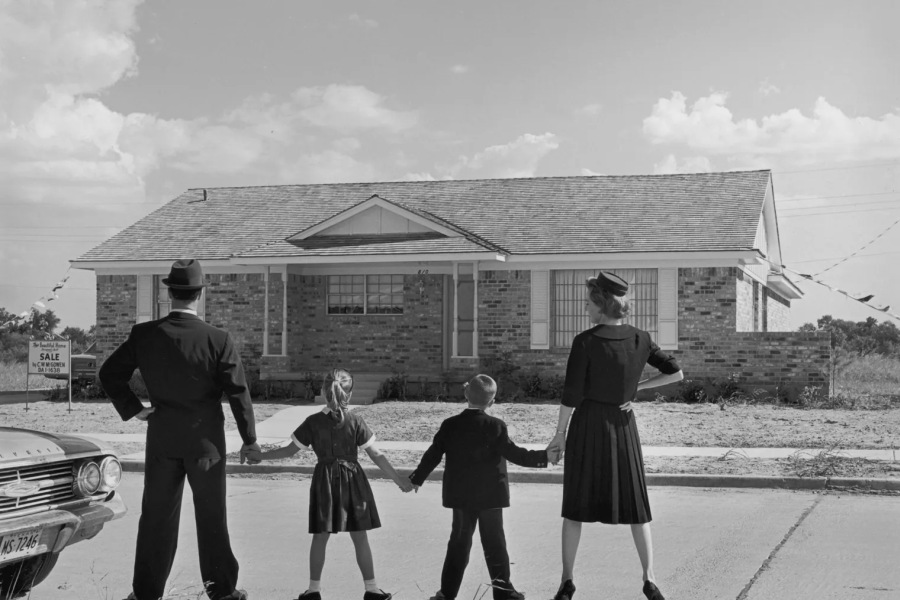
My family began its climb out of poverty into the solid middle class when my father, newly discharged from the Army in 1945 at the end of World War Two, was able to secure a G.I. loan from the government to buy his first home. We now know that these loans were systematically denied to hundreds of thousands of African Americans veterans who had risked their lives fighting for their country against the fascist axis powers.
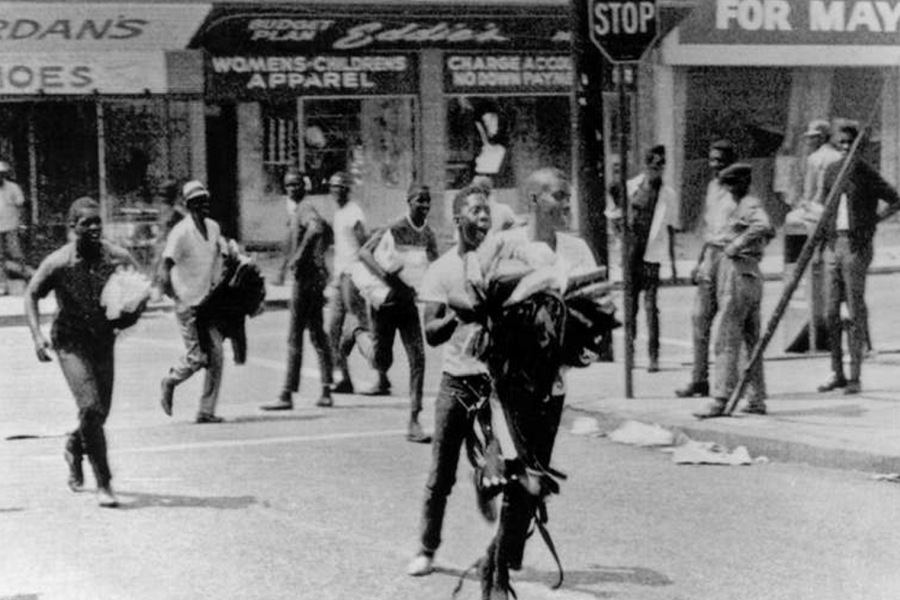
As the civil rights movement brought arguments about the “Negro Question” into family dinner conversations across the nation, I heard on many occasions the refrain from Uncle Charlie that “Negro poverty” was “their own fault;” that the Watts “rioters” were all criminals; that white people were genetically superior to “the colored.” Sadly, I have heard similar statements from the well-to-do immigrants in the wealthy suburbs of our city. This should not be shocking to us at all, for racism is a contagious disease. The continued existence of white supremacy allows us the opportunity, especially for those of us who are white, to continue to call on the better angels of our nature to oppose racism against any of the marginalized populations of our nation.
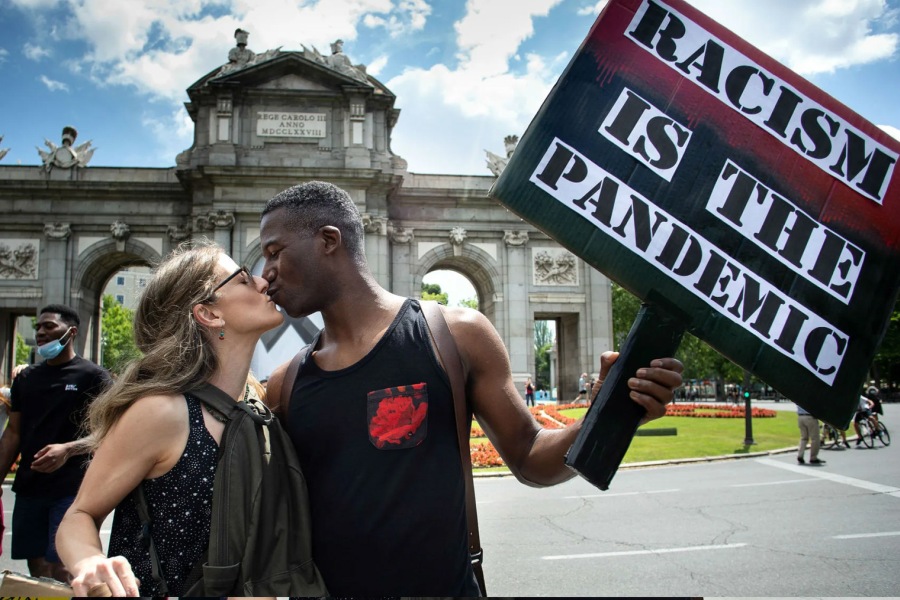
I have heard it said that American Muslims should have little involvement in Juneteenth celebrations, and instead, concentrate their energies on “purely” Islamic matters. I could not disagree more, for I have learned from many of you that justice is central to living a Muslim life. “O you who have believed, be persistently standing firm in justice, witnesses for Allah, even if it be against yourselves or parents and relatives.” [Qur’an, 4:135] This is why so much of CAIR-Philadelphia’s work involves around the defense of justice for Muslims in India, China, Myanmar, Syria, Palestine all throughout this vast country, Juneteenth, while justly celebrating the accomplishments, paid in blood, by Black folk on the journey to freedom, should not be viewed only as a “Black Holiday,” but rather, in our opinion, as an “American Holiday,” demanding of us a renewed commitment to nation where all are created equal and endowed with inalienable rights.
